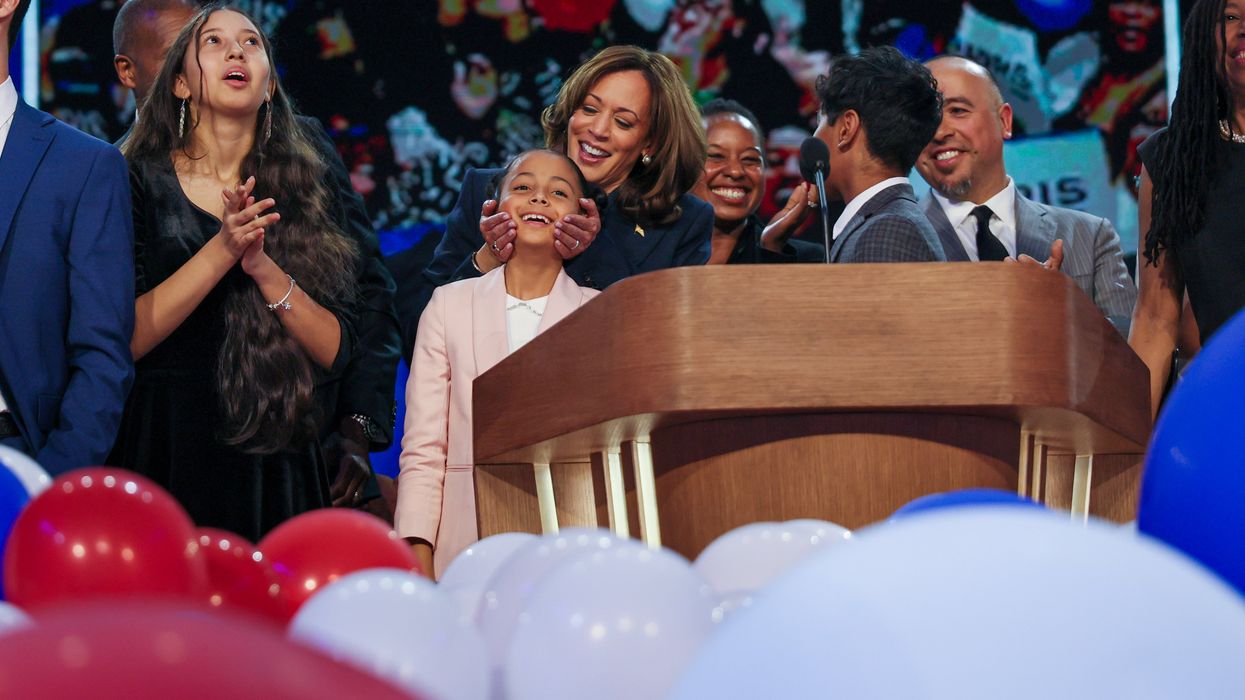Kang is an associate professor and Human Services Program lead in the School of Public Management and Policy at the University of Illinois at Springfield. King is also a public voices fellow through The OpEd Project.
Blended families or bonus families (also known as stepfamilies), whether they are formed through parents’ remarriage or living together, are common. More than 10 percent of minor children in the United States live with a stepparent at some point.
Both presidential candidates are stepfamily members. Donald Trump has five children from three marriages. Vice President Kamala Harris has two stepchildren through her marriage to Doug Emhoff.
Almost half of Americans have at least one step relative. As blended families are common in reality, stepfamily stories were the repertoire of the early Disney fairy tales including Cinderella, Snow White, and Hansel and Gretel.
There are plenty of more recent examples of stepfamily stories in movies and TV shows including “The Parent Trap,” “Enchanted,” “Modern Family” and “The Sound of Music.”
In the new reality series “Wayne Brady: The Family Remix,” actor Brady shares the difficulty and joy of building healthy relationships in blended families.
Unfortunately, many pop culture stories reinforce the idea of blended families as broken. This idea comes with the trope of a wicked stepmother or an abusive stepfather. The traditional family ideology that the biological family of four is the cultural norm is more than entrenched in our lives.
In her 2016 book, “ The Way We Never Were: American Families and the Nostalgia Trap,” author Stephanie Coontz writes that this unrealistic cultural expectation has affected every way of building, connecting and thinking about family relationships although it has never existed in American history.
In recent interviews, Harris contends hers is not a “typical” stepfamily with a wicked stepmother having a terrible relationship with her stepchildren. Still, Trump and vice presidential candidate J.D. Vance have attacked Harris for not having biological children on her own, often describing her as “a childless woman.”
These ideas are irrational and make many stepfamily members, as well as members of other nontraditional families, feel disrespected and discouraged. It is concerning that voters may share the same line of thought without carefully exploring the presidential candidates’ qualities, policy proposals and visions that will affect the future of the United States and people’s wellbeing.
It is time to stop spreading family hostility. Enough is enough.
It is also time to update the notion of family in this country and around the world. According to recent research, in the United States in 2023, there was an average of 1.94 children under 18 per family, a decline from 1960 when the average was 2.33 children under 18 per family.
More than half of all families with children in the U.S. in 2022 were female-led with children under 18, data shows. More than 40 percent of households in the U.S. have children under 18 living there.
This country has a long way to go to make progress on accepting a more flexible definition of family and challenging the traditional norm against a modern family life in America. Family comes in various forms and structures. Where love flows, family begins.



















Marco Rubio is the only adult left in the room